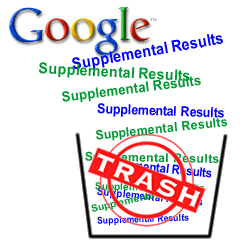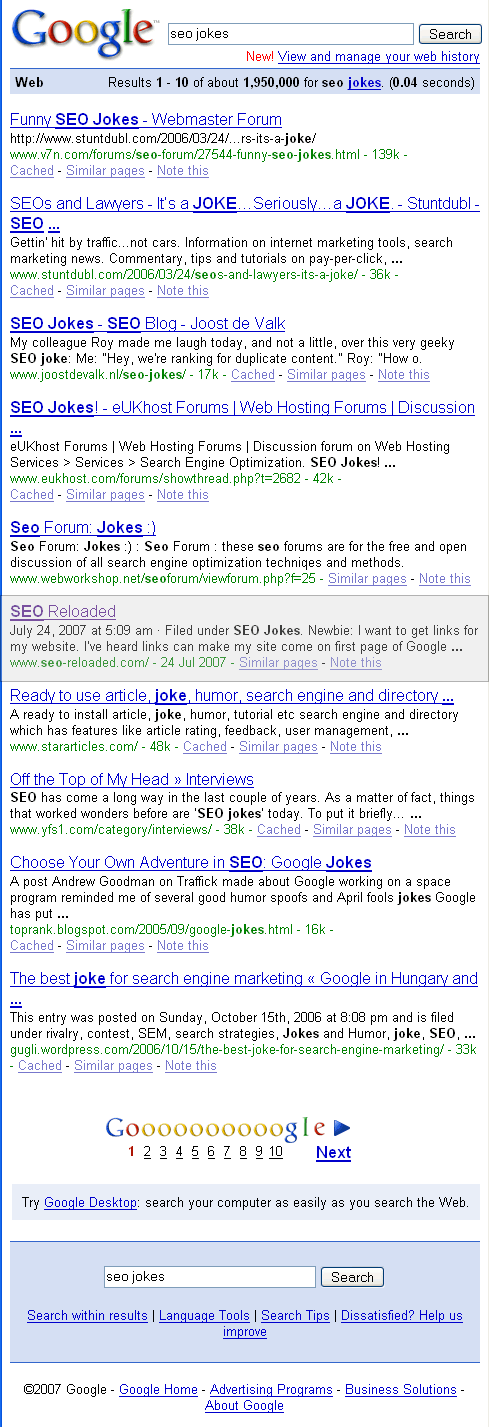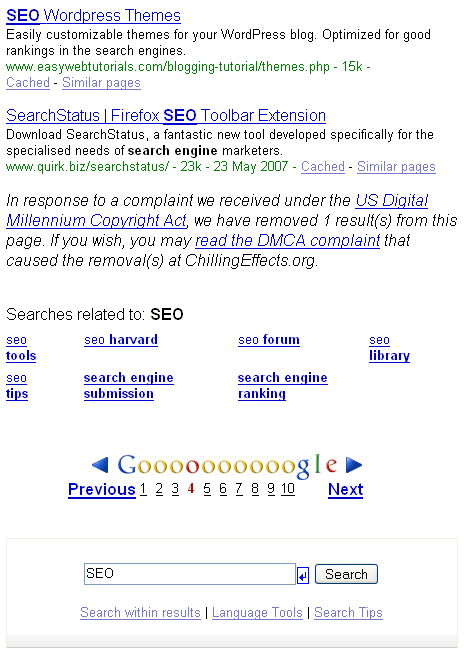Link building is one of those time consuming things that all webmasters need to do. It does take a lot of time and resources however given the results that can be achieved through link building then it will be worth it. Link building is one of the most important elements of SEO
Link building is the best method of obtaining search engine results.
- Submit to well establish quality directories – Try to go for the best – some don’t offer the ability to use your anchor text, however they do carry great value.
- Article submission – Don’t just use article directories; get your article published in other sites. Don’t just write one article and promote it everywhere – Googles duplicate content filter will place multiple copies in the supplemental index.
- Buy links – ‘Yes’ Google say they can detect these links but in reality it is very difficult for them to do this. Google may be able to detect some paid links but most should go undetected. Try to get links placed within the content. These have a better chance of getting through Googles ability to detect paid links.
- Link baiting – This is the process of creating content so that people will link to your pages naturally. This requires a bit of skill and obviously you need to provide something link worthy. Promote your article through social networking sites like digg.com. Remember that most people who use these social networking sites are web savvy and can spot spam a mile off.
- Link exchange – many people say it does not work any more – they are wrong! There was a day a few years back when you could run hundreds of link exchanges and get a great ranking however those days are gone. Be more selective and don’t just go for a conventional exchange between two link pages – what about content exchange, article exchange or exchange with links being placed within the content? Remember link pages do not carry the same value as they did a few years back.
- Write testimonial’s for products/services that you have used – Although you may not get to use your anchor text in these links many of these links carry value in Google.
- Ask for links! Do not be afraid to contact others and ask for them. This is a tactic better used when/if you become an authority within your genre. Be polite and give them reasons why they should link to you. Even if you get 1 link out of every 50 requests it still will be worth the effort.
- Offer to write content/blog posts as long as you get to add links within your content. Provide quality examples of the content you have written and maybe suggest some topics you could write on for the site you are contacting.
 Many Blog owners and webmasters have been continuously upset about their new website and pages ending up in the Supplemental Index. Nothing to worry about now, as Google has removed the ‘supplemental result’ labels from the search results.
Many Blog owners and webmasters have been continuously upset about their new website and pages ending up in the Supplemental Index. Nothing to worry about now, as Google has removed the ‘supplemental result’ labels from the search results.
